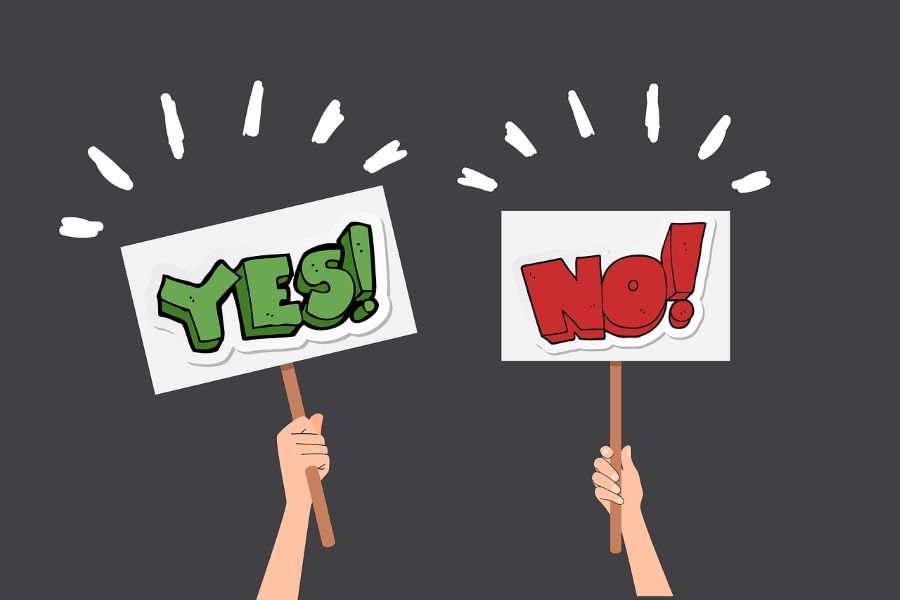Freelance with Integrity: Ethics in the Online Hustle Culture
“In a world full of shortcuts, authenticity becomes your biggest competitive advantage.”
The rise of remote work, freelancing platforms, and digital monetization has opened the floodgates of opportunity for millions. From Fiverr gigs to affiliate blogs, the internet has created a global marketplace for talent. But in the race to earn fast and scale faster, many forget the one element that compounds value over time: ethics.
This article explores the unspoken ethical challenges of freelancing and how integrity in business isn’t just a moral choice; it’s a spiritual responsibility and a timeless business advantage/strategy.”
💡 Why Ethics Matter in Freelancing
Unlike traditional 9-to-5 jobs, freelancing lacks strict oversight. You’re your own boss, brand, and sometimes… barrier. Without ethical grounding, it’s easy to slip into the grey zone.
Common traps:
- Reselling someone else’s work without credit
- Inflating case studies or testimonials
- Submitting AI-generated content as human-written
- Overpromising results just to land a client
The truth? These shortcuts may land a gig, but they kill repeat business, reputation, and referrals, the three R’s of freelance success.
⚠️ Popular but Questionable Practices
Here are a few widespread habits in the online world that seem harmless but can tarnish your long-term brand:
|
Practice |
Why It’s Harmful |
| Copy-pasting proposals | Damages trust; clients can spot generic pitches |
| Fake reviews/testimonials | Misleads buyers, violates platform rules |
| Undisclosed outsourcing | Breaks transparency; affects quality |
| Using templates without credit | Violates IP laws; disrespectful to creators |
Even when no one’s watching, integrity is what builds trust silently and steadily.
🌍 Cultural Pressures & The Hustle Trap
Online earning culture often glorifies:
- “6 figures in 6 weeks”
- Passive income while you sleep
- Screenshots of big payouts without context
This creates unrealistic expectations, especially for beginners who may feel behind. The pressure to keep up can push even well-meaning professionals to adopt questionable shortcuts.
But remember: trust is hard-earned and easily lost. Most successful freelancers built their careers on:
- Consistency
- Transparency
- Delivering value over time
🧠 What Integrity Looks Like in Practice
✅ Be Honest About Your Skills
If you’ve only dabbled in Power BI or SEO, say so. Clients value clarity more than perfection. You’re more likely to build a long-term relationship if you grow with the client instead of faking expertise.
✅ Communicate Realistically
Avoid promising “rank #1 on Google in 7 days” or “20x revenue growth.” Instead, explain what can be achieved, what’s experimental, and what will need time.
✅ Credit and Attribution
Whether it’s using an open-source design or a Canva template, give credit where it’s due. It reflects maturity and builds respect with clients and collaborators alike.
✅ Maintain Confidentiality
Respect client NDAs, internal data, and unreleased project information. Trust grows when people know their information is safe with you.
💼 Long-Term Benefits of Freelancing with Integrity
|
Value Gained |
Business Impact |
| Authentic client testimonials | Social proof for future leads |
| Strong personal brand | Easier conversions without pitching hard |
| High client retention | Less time spent chasing new gigs |
| Word-of-mouth referrals | Passive business growth through credibility |
Ethical freelancing builds the kind of professional legacy that no algorithm change, or trend shift can take away.
📢 What Platforms Expect
Most major freelance and gig platforms like Upwork, Fiverr, LinkedIn, and Toptal have strict community guidelines. Violating ethics—even subtly—can:
- Get your account flagged or suspended
- Wreck your long-term platform history
- Ruin potential opportunities (clients talk, even across platforms)
If you’re serious about making freelancing a career, play the long game.
🔚 Conclusion: Your Name is Your Reputation
You are your brand. Every message you send, every piece of content you deliver, and every project you sign reflects not just your work but your values.
In Islam, honesty, fairness, and fulfillment of contracts are not just moral obligations; they’re acts of worship. Integrity in business isn’t just a religious custom or personal value so make integrity your USP, it’s a proven strategy for building trust, earning blessings (barakah), and sustaining long-term success.
If you want clients who respect your time, pay you fairly, and value your skills, give them a reason to trust you because in a saturated market, trust is what gets you chosen. Ethics in freelancing isn’t idealism. It’s a competitive edge.







